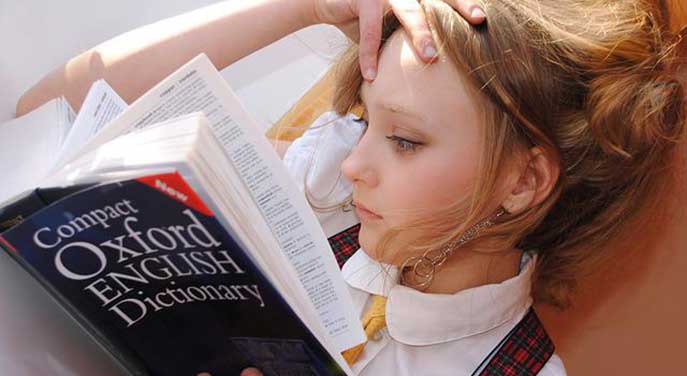 Instead of making students memorize a bunch of useless facts, we need to help them think like scientists and historians.
Instead of making students memorize a bunch of useless facts, we need to help them think like scientists and historians.
Does this make sense to you? It probably does if you’re a curriculum consultant or an education professor. After all, that’s what’s being pushed in faculties of education.
The problem is that this approach is wrong. Despite claiming to be based on solid evidence, the real science of teaching and learning points in the opposite direction.
In fact, students learn best when they are immersed in a content-rich learning environment that builds up their background knowledge. Practice is also a key part of helping students master new skills.
Cognitive psychologist Dr. Daniel Willingham talks about this in the recently released second edition of his classic book, Why Don’t Students Like School? In it, Willingham shows that cognitive psychology clearly outlines several things teachers need to understand.
First, background knowledge is the key to reading comprehension. You are far more likely to understand a book or article if you already know something about the topic at hand. If there are too many unfamiliar words or concepts, you probably won’t understand it.
 |
| RELATED CONTENT |
| Innovative teacher brings skateboarding into class By Haley Lewis |
| Making a strong case for more phys-ed in Canadian schools By Ken Reed |
| Teachers must stop undermining parental values By Michael Zwaagstra |
Second, Willingham notes that it makes sense for students to practice their multiplication tables and memorize the spelling of commonly used words. Why? Because lack of space in working memory is the critical bottleneck in human understanding. In other words, students who do not know their math facts find it very difficult to solve more advanced problems because they end up wasting valuable mental capacity on something that should be automatic.
Although most education professors and many educational consultants often deride repetitive practice as “drill and kill,” the fact is that this technique provides the foundation for deeper learning. We do our brains a significant favour when we commit basic facts and skills to memory.
Willingham also points out that it takes scientists and historians many years of study and practice before they become experts in their fields. There is no such thing as a generalized “expert way of thinking” that transfers seamlessly across subject areas. Expertise is something that comes with many years of practice, and it is unrealistic to expect students to develop expertise in a short period of time.
The difference between chess experts and chess novices is an illustrative example. As Willingham explains, chess experts have committed a huge number of game positions to memory, which frees up space to think about a winning strategy in the game they are playing.
Contrary to what many people assume, there is no generalized expert chess strategy. Genuine expertise in chess comes from extensive familiarity with a variety of board positions.
According to Willingham, the best chess players have approximately 50,000 board positions in their long-term memories. This is why expert players remain proficient in blitz tournaments where game time is significantly reduced. Expert players can make decisions in fractions of a second, while novices are forced to waste valuable time thinking through basic moves.
The implications for schools are clear. Teachers should spend more time providing direct instruction about essential knowledge and skills and less time trying to get students to think like scientists and historians.
Memorizing facts still has an important place in schools. So does practicing skills.
Michael Zwaagstra is a public high school teacher, a senior fellow with the Frontier Centre for Public Policy, and author of A Sage on the Stage: Common Sense Reflections on Teaching and Learning.
For interview requests, click here.
The opinions expressed by our columnists and contributors are theirs alone and do not inherently or expressly reflect the views of our publication.
© Troy Media
Troy Media is an editorial content provider to media outlets and its own hosted community news outlets across Canada.

